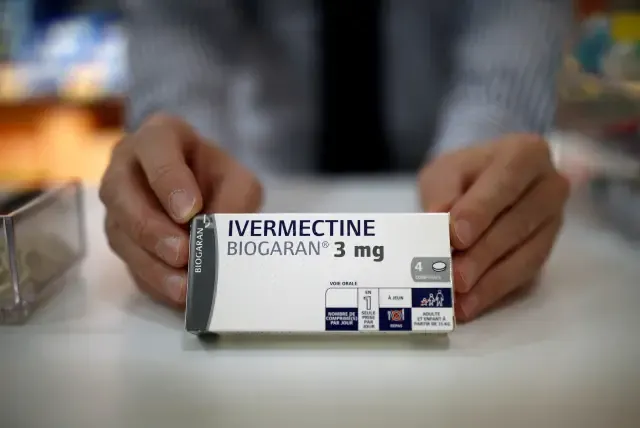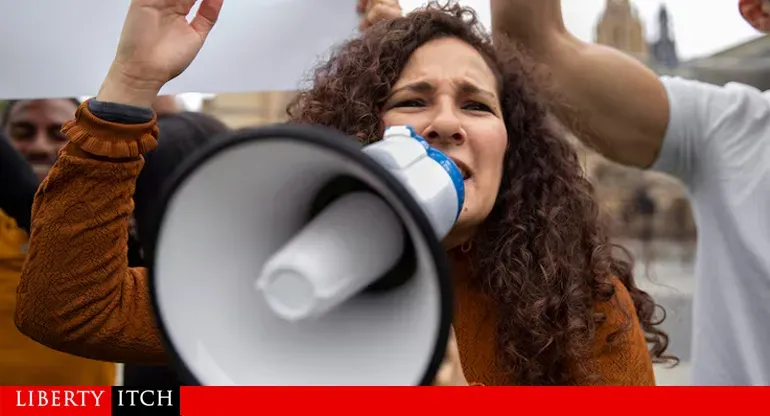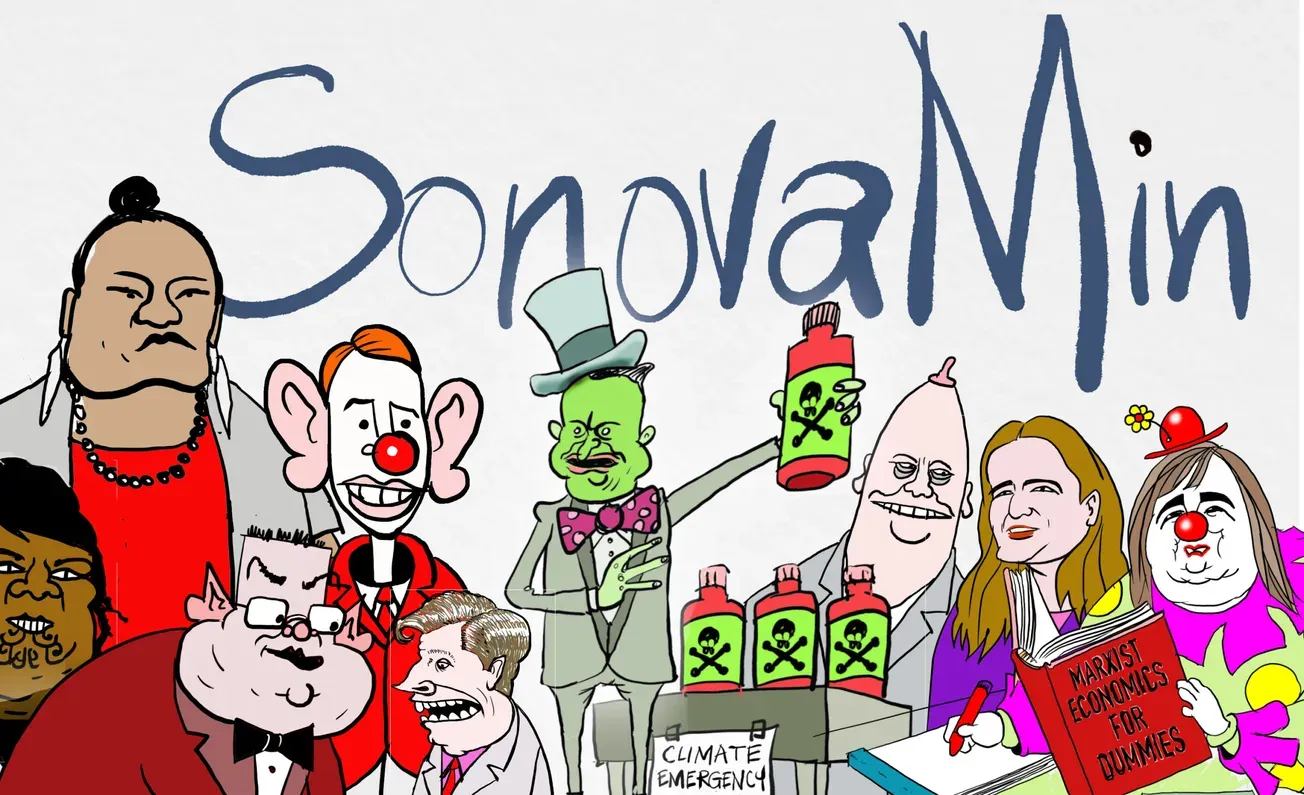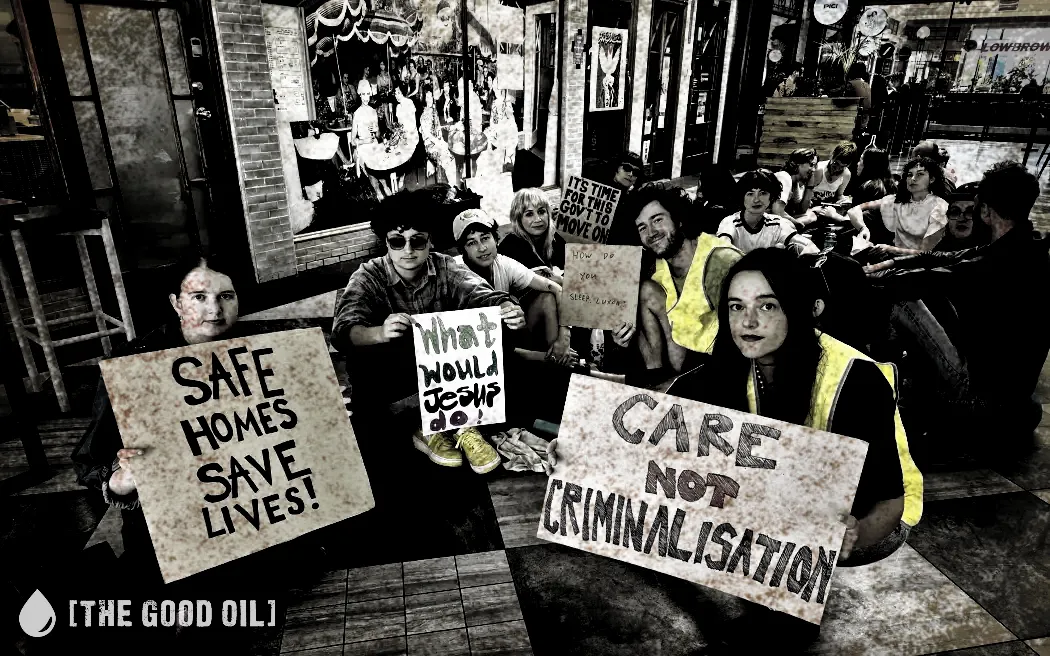Table of Contents
Few things showed just how ridiculously hyper-politicised the entire Covid pandemic really was than the Ivermectin saga. Both “sides” of the debate were at fault: to some extent, the rabidly pro-Ivermectin lobby are just as hyper-partisan as the antis. But the anti-Ivermectin apparatchiks — which includes not just the mainstream media and the government, but the medical-nanny-state complex — were completely, ferally, unhinged.
For all the sound and fury, what do we really know about Ivermectin and Covid? The best evidence seems to be that it’s not particularly helpful, but neither is it particularly harmful. It’s like taking Paracetamol for a cancer: it’s not going to help much, but it’s not going to do much harm, either. That’s because Ivermectin is a cheap and notably harmless medication (not completely harmless, of course: no medicine is, but its risks are otherwise minimal).
So, why was it so relentlessly demonised by the Covid establishment — to the extent that it was suddenly heavily restricted by the Therapeutic Goods Administration?
And, if it really is so dangerous, why have the restrictions suddenly been lifted again (all very much on the QT)?
Those claiming to “follow the science” have a curious habit of following science that remarkably tracks the to-ing and fro-ing of their political allegiances.
On May 3, 2023, the TGA quietly announced it was removing the prescribing restrictions on ivermectin. These restrictions were imposed on September 10, 2021 in an effort to stop doctors prescribing the drug to treat Covid.
Where was the problem with that?
Ivermectin is an (actual) ‘safe and effective’ medication with decades of safety data and known side effects. Heck, it’s even on the World Health Organisation’s list of essential medications.
For all the frothing and teeth-gnashing by the public health nanny state, there was no evidence of a sudden threat to public safety from (possibly misguided) Ivermectin use.
Nowhere, back in September 2021, did the TGA say there had been a rise in serious adverse events associated with ivermectin.
The closest the regulator came was stating a ‘potential’ to cause severe adverse events.
The only case cited by the media was a single person in Sydney treated for nausea and diarrhea due to Ivermectin overdose. In which case, the TGA might as well ban my local curry place as well.
The concern that ivermectin would come into short supply is perplexing. As an ‘off-patent’ drug, ivermectin is incredibly cheap to make (around 55 US cents per course of treatment) and widely available. As one commentator ponders, ‘If the TGA foresaw a potential shortage, why did no one in the Australian government think to phone an order through to Indiamart?’
Most telling of the TGA’s reasons for restricting Ivermectin, though, is:
‘concern that people who had been prescribed ivermectin might … not get vaccinated’.
This is frankly outrageous.
The TGA, in other words, threw its full bureaucratic weight behind forcing Australians to submit to an injection with little medical safety data, and which ultimately proved simultaneously ineffective and highly dangerous, while practically banning them from accessing a medication with a well-established profile of high safety.
And then backflipping while trying to keep its change of mind a secret.
‘How can ivermectin go from being a toxic horse de-wormer in 2021 and then be declared to have a low safety risk in 2023?’ asks Pharmacologist and Drug Regulatory Affairs consultant Dr Philip Altman.
Spectator Australia
Either the TGA lied to us when it restricted Ivermectin, or it acted blindly politically without knowing the facts about either Ivermectin or the Covid vaccinations.
Either possibility should see the TGA dissolved as unfit for purpose.









